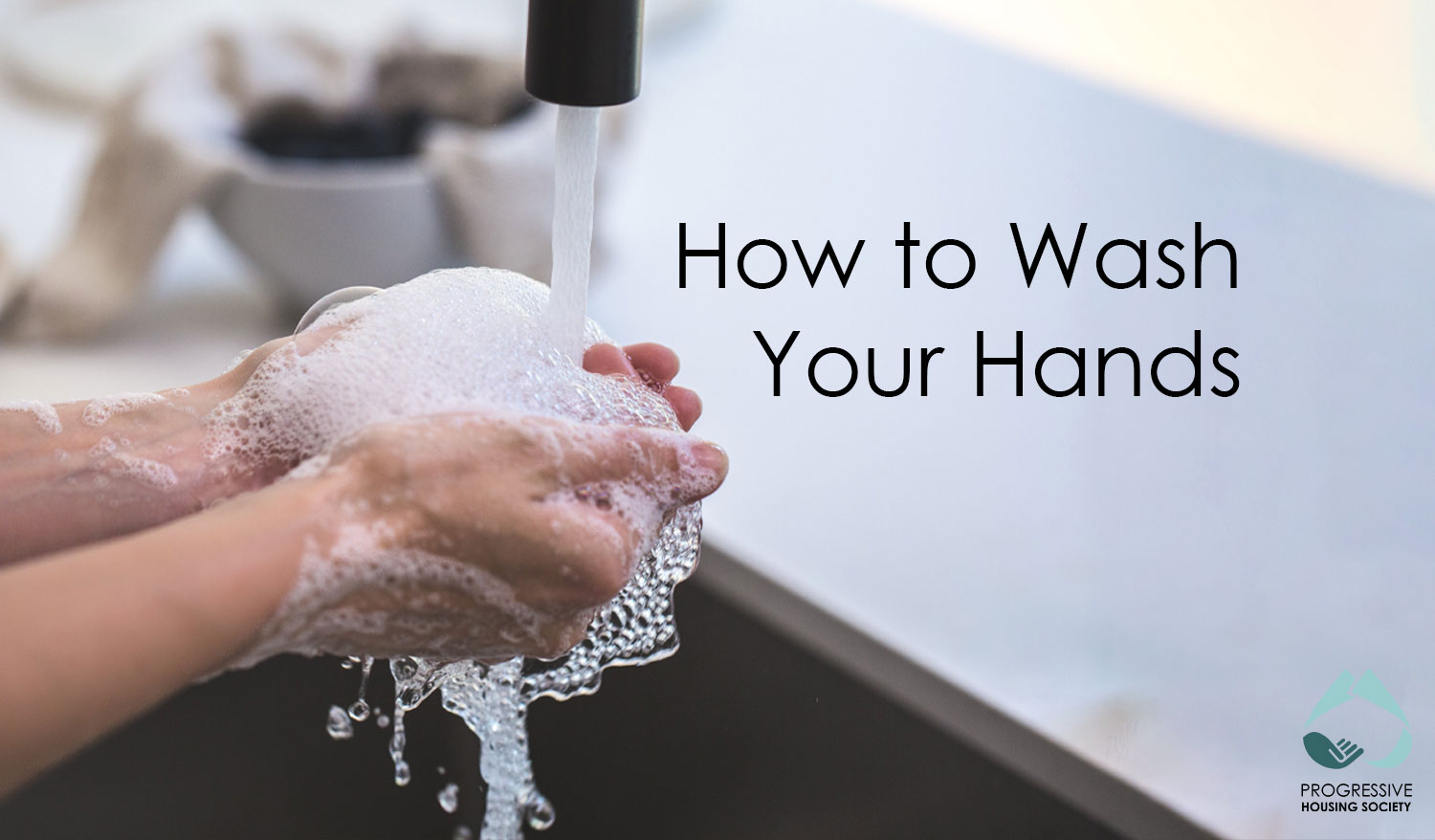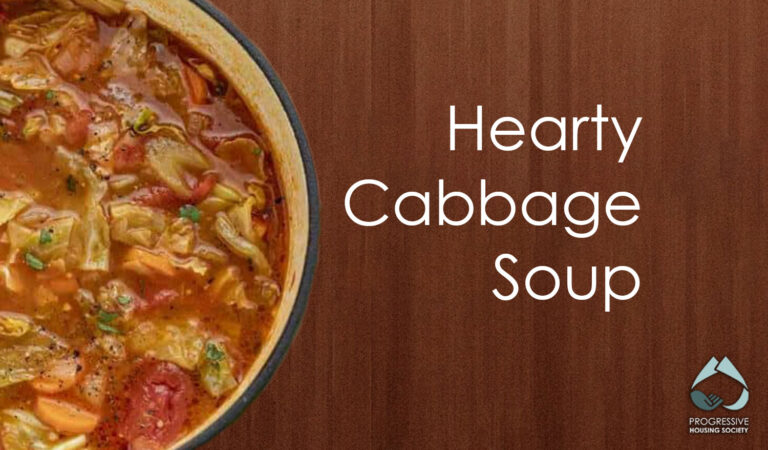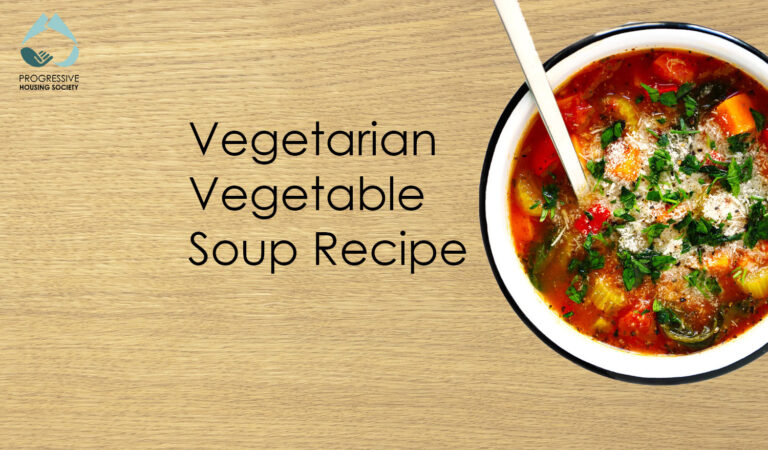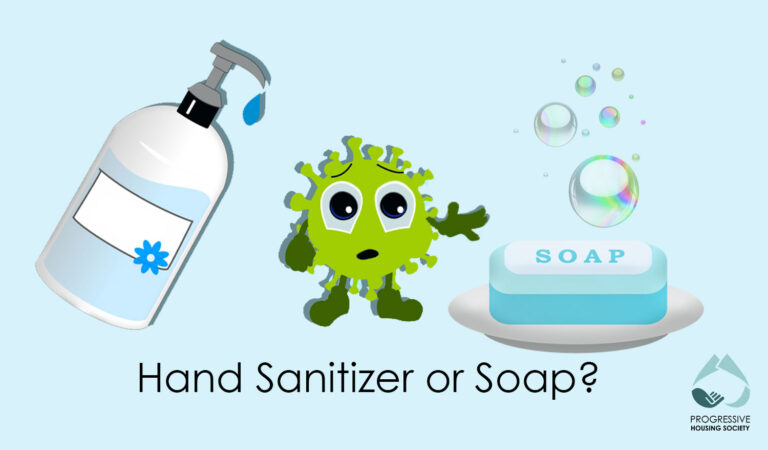How to Wash Your Hands
-
by
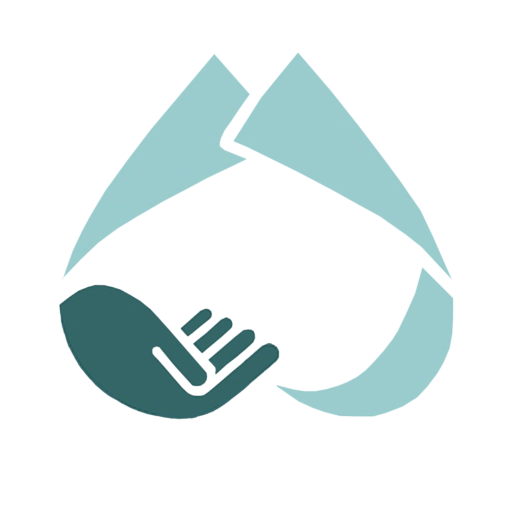 PHS
PHS
Washing your hands is one of the key ways to protect yourself and others around you from germs that can make you sick. Germs can be spread from touching a service or object that is already contaminated, touching their face with unwashed hands, or preparing or eating food or drinks with unwashed hands. Germs can also be spread through someone coughing, sneezing, or blowing their nose and then touching other people’s hands or common objects and services. The best defense against sickness is to wash your hands.
Washing your hands is easy but there are a few steps to make sure that germs will have nowhere to hide. Follow these easy steps
- Wet your hands with clean, running water
- Apply soap to your hands and lather the soap by rubbing your hands together
- Rub the soap between your fingers, around your thumbs, and around your wrists. Be sure to rub the tips of your fingers against your palm to clean your fingertips and under your fingernails
- Continue to wash your hands for at least 20 seconds. If you need help, you can hum “Happy Birthday” twice
- Dry your hands with a paper towel. Use the paper towel to turn off the water at the end
These are the best practices for washing your hands. It’s important to remember to scrub your hands fairly well. Soap and water are used to dislodge germs from your hands. If you’re not using enough pressure will not be as effective. You don’t have to rub so hard as to cause irritation but some pressure is a good idea. You can also conserve water you can turn the tap off between wetting your hands and washing them.
It’s also important to remember to use that paper towel to turn the tap off. The handles in commonly used bathrooms are exposed to a wider variety of germs. Germs may still be on the surface of the handles and touching them after washing your hands runs the risk of transferring the germs back to your hands. If you are in a bathroom at home, using a cloth towel is perfectly safe and effective as long as the towels are regularly laundered.
When to Wash Your Hands
Washing your hands frequently is a good habit to get into. This becomes even more important during cold and flu seasons or during any health crisis.
There are some common recommendations of when you should wash your hands.
- Before you leave the house
- Upon arrival at your destination (you may have touched a wide variety of door knobs, elevator buttons, or other commonly touched services)
- Before you prepare any food or drink
- Before eating or drinking anything
- Before and after you clean your home
- After coughing, sneezing, or blowing your nose
- Before and after caring for a sick person or treating wounds
- After using the bathroom or changing a diaper
- Before inserting or removing contact lenses
- After feeding or touching a pet
- After handling any garbage
Keeping in mind what kinds of things you’re touching or how often you’re touching your face can help you determine how often you should be washing your hands as well.
Keeping Safe & Staying Healthy
Hand washing is a simple and effective way to help safeguard your health and the health of your loved ones. It will not stop every sickness but significantly reduces the risk of most people coming down with something. Be proactive about protecting your health by keeping your hands clean and getting proper nutrition!

